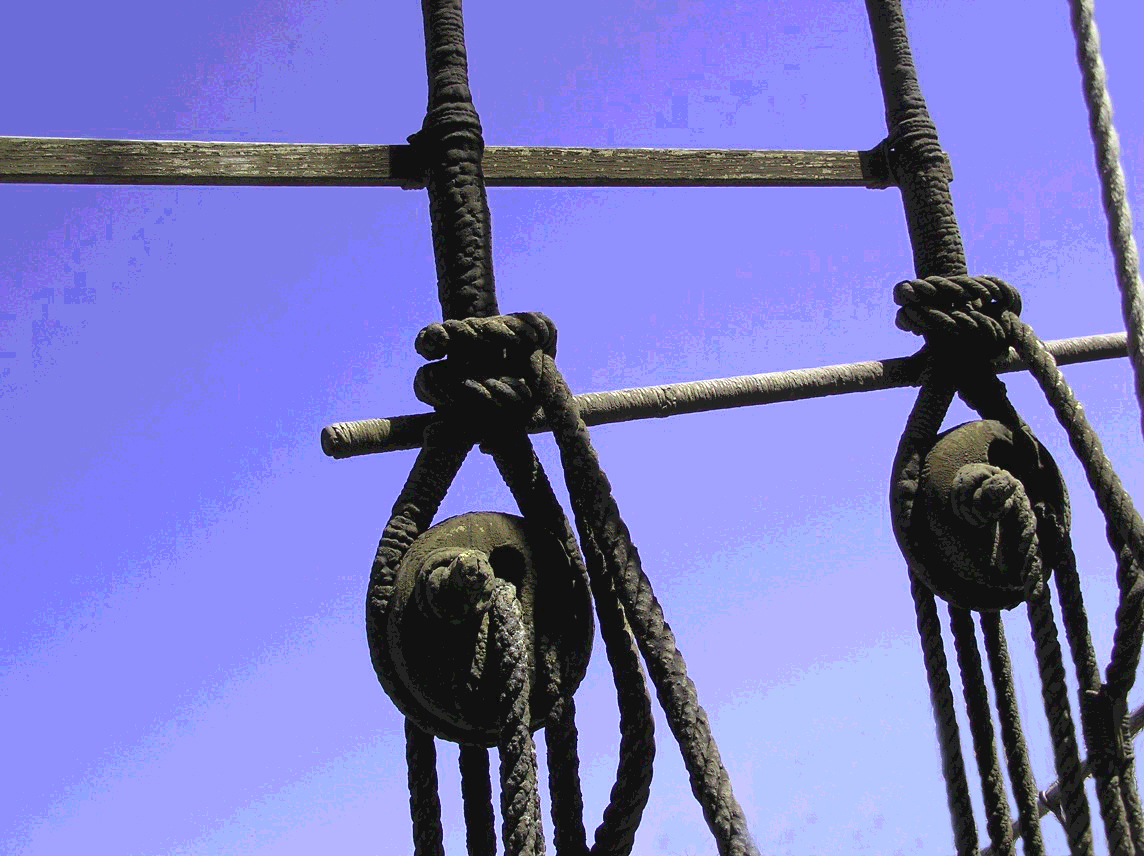
When I am connected to people, when I belong to a group, I feel a sense of purpose and meaning. My core anchor is Connection. The times in my life when I felt emotionally disconnected from my peers or the organization where I worked were the times I hated my job and felt a general sense of loneliness and alienation. I suspect many psychotherapists have a deep need to connect with others. I cannot imagine any other profession outside of psychology holding my interest for any length of time.
Connection is a core value for many women. All human beings are hard-wired to connect. Infants who are unable to bond fail to thrive and die (Sapolsky, 2018, p. 201). However, Western men are often less aware of this need than Western women, being acculturated to view the need to connect with others as weak, not masculine and therefore, shameful. Perhaps “connection” did not appear on Schein’s list as he was male and studying primarily male-dominated organizations. If connection is thought of as weak and shameful, it would be unlikely for most men to think of it as a core anchor. Furthermore, if there were limited women in the organizations Schein studied, that would further limit the number of subjects who would define connection as core.
Harvard psychologist Carol Gilligan suggests that Western males and females are socialized differently and that females are more likely than males to focus on community and to care about personal relationships. “Women are oriented toward attachment and ‘connectedness’ to others, whereas men are oriented toward individuation and ‘separateness’ from others. The feminine orientation predisposes women toward interest in human relationships, while the male orientation predisposes men toward interest in individual achievement. One consequence of this difference in orientation is that women find it easier than men to establish intimate relationships.” (Gilligan, in Walsh, 2007, p.322.) Gilligan argues a Stage of Ethics of Care theory which defines what makes actions right or wrong. Her theory addresses both care-based morality (female orientation) and justice-based morality (male orientation). In particular, care-based morality emphasizes interconnectedness and universality. Acting justly means avoiding violence and helping those in need. It assumes that if there is a conflict between two parties they are in a difficult situation together and the conflict itself is part of the problem. (Gilligan, 1982, pp. 170-174.) This perspective hopes to find a solution that will not damage anyone and embrace compromise, thus the connection in the relationship is maintained and is the priority.
Although there was no conflict between us, when I shared with my colleague Aquina that I was afraid of getting lost in Indonesia, she solved the problem (the conflict) by making me a video to show me the route, a virtual hand-holding that reduced my anxiety and was comforting, enabling me to feel safe in her country. Her solution is an example of care-based morality.
In her book “Text me When You Get Home”, writer Kayleen Schaefer describes why late at night one often hears young American women say to each other “Text me when you get home.”, whereas young men usually say to each other something like “Get home safe.”, with no follow-up, or more often say nothing to each other at all. States Schaefer, “This is because women who say “Text me when you get home”, aren’t just asking for reassurance that you’ve made it to your bed unharmed. It’s not only about safety. It’s about solidarity. It’s about us understanding that women who are alone get unwanted attention and scrutiny. Should I hold my keys in my hand? Why is this driver talking so much? Is this guy following me? Am I too drunk? Is that guy who just said ‘Hey gorgeous’ going to say anything else? My place feels so empty.” Schaefer then quotes the poet Tyne Baird to further illustrate her point: “We accept this state of constant fear as just another part of being a girl. We text each other when we get home.” States Schaefer, “The words are a web connecting us, winding through the many moments we spend together and apart, helping us to understand that whenever we’re unmoored or terrified or irate or heartbroken or just bored, we’re not by ourselves. It’s a way for women to tell each other ‘I’m always with you, I won’t forget about you when you walk away. I am here when I’m standing in front of you or any other time you need me no matter what.’” (Schaefer, 2018, pp. 1-3.) Aquina had let me know I was safely connected in her web and for that week, Bali became home.






